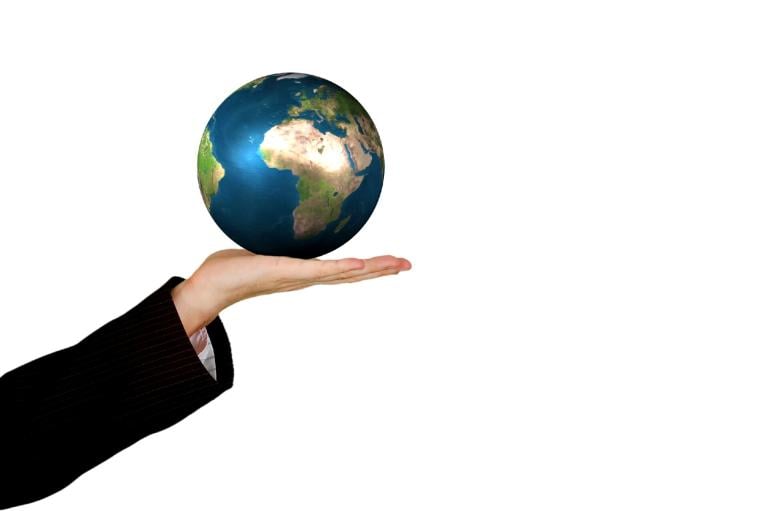After World War II, the United States of America dominated the world, spreading its democracy, free markets, and technology around the globe and using its military might to defend the free world. Now Donald Trump is about to shut down the policies that led to that dominance, beginning a new less stable global era in which the USA plays a much smaller role.
Zeitz begins by citing a prediction:
In February 1941, Henry Luce, the influential publisher of Time and Life magazines, penned an article heralding the “American Century,” a post-war era in which the United States would apply its newfound standing as the “dominant power in the world” to spread “free economic enterprise” and “the abundant life” around the globe. Luce envisioned the United States as “the principal guarantor of the freedom of the seas” and “the dynamic leader of world trade,” and saw in this future “possibilities of such enormous human progress as to stagger the imagination.”
The next several decades would prove Luce right, as the United States emerged from World War II as one of two global superpowers and, arguably, the world’s preeminent cultural and economic force. . . .This concept — of America as a friendly goliath, the “Good Samaritan of the entire world,” promoting democracy, capitalism, trade and international order — guided the thinking of most policymakers and politicians across the political spectrum for the better part of a century. [Read Luce’s article here.]
This dominance, says Zeitz, rested on four pillars:
(1) A rules-based economic order that afforded the U.S. free access to vast international markets.
(2) A guarantee of safety and security for its allies, backed up by American military might.
(3) An increasingly liberal immigration system that strengthened America’s economy and complemented military and trade partnerships with the rest of the non-Communist world.
(4) And finally, in Luce’s words, a “picture of an America” that valued — and exported to the rest of the world — “its technical and artistic skills. Engineers, scientists, doctors … developers of airlines, builders of roads, teachers, educators.”
President Trump, though, will pull down all four of these pillars: (1) Opposing free trade and a global economy with tariffs and other protectionist policies; (2) drawing back from military alliances, demanding NATO states pay more to defend themselves rather than depending on the U.S., and staying out of regional conflicts; (3) closing the floodgates of immigration and deporting illegal immigrants; (4) rolling back the influence of “experts” in health, climate, social science, and academia.
To his credit, Zeitz goes on to show that the American Century was not all it was cracked up to be and that the four pillars ended up supporting unnecessary wars, interference in sovereign countries, and the empowering of big corporations over local economies. Though, overall, he regrets how a Trump administration is likely to dismantle America’s legacy in foreign affairs.
But we are now in a new century. The “American Century” of the postwar era is over. In some ways, the very success of America’s policies has made them irrelevant. (1) Spreading free market capitalism–to the point that even still-Communist China has developed a version of it–means that we have created economic competitors. And globalized capitalism has shut down American factories to operate them instead in countries where workers can be paid less money. (2) We defeated monolithic communism, so that now the military threats are coming from internal movements, such as Islamic terrorism, or less-ideological authoritarian regimes, such as Russia and China. (3) Immigration to Europe and the United States has increased beyond the possibilities of assimilation, undermining national cultures. (4) American technology has indeed spread throughout the world, but it brings problems as well as benefits. Meanwhile, putting technocrats in charge–as in COVID, the climate panic, woke academic, ineffective social scientists–has undermined democracy, hurt the economies, and failed to solve the problems they were supposed to address, meanwhile turning the public against them.
Rome became an empire, but at the expense of its centuries-old republic. The United States can have a positive influence in the world, but it has no business dominating the world. Free republics are not suited to that role. And governing the world, if only indirectly, is impossible to sustain. It’s also very expensive. I was in a conversation with Australians who couldn’t understand why the United States doesn’t have a free, socialized health care system like they do. Another Australian commented that maybe if America wasn’t having to defend all these other countries, it could afford to. There comes a point when nations need to be responsible for themselves and to promote their own interests. That includes all of our former “client states” and it also includes the USA.
Photo via Creazilla, CC0 1.0 Universal











